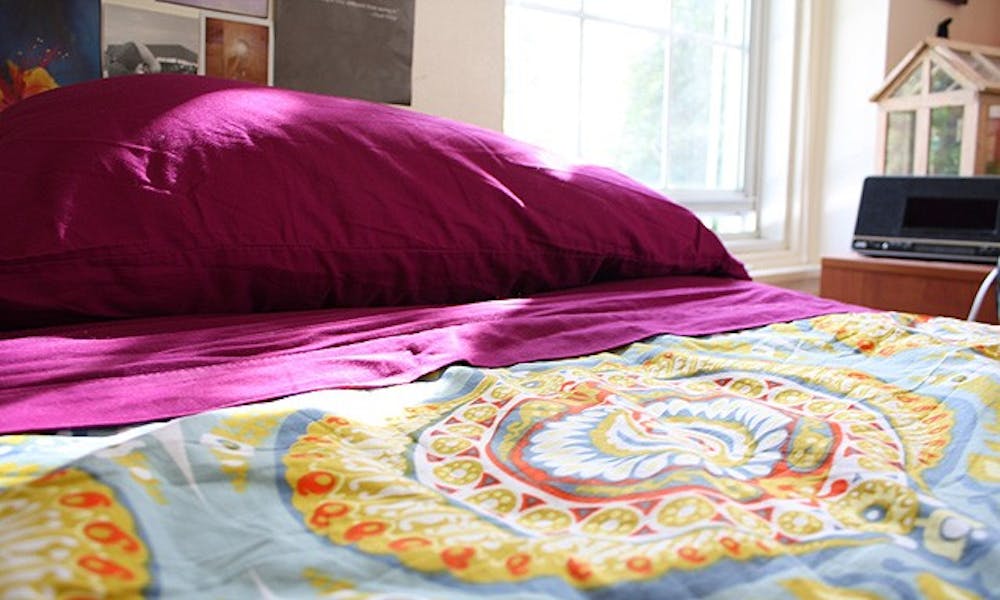This year, Residence Life and Housing Services fears that students might bring back more than just their luggage when they return from vacations.
In recent years, complaints about bed bug infestations across the country have increased dramatically, according to a joint report issued by the Environmental Protection Agency and the Centers for Disease Control and Prevention in August.
Bed bugs are small insects that tend to nest in beds, couches and undisturbed clothing. The bugs are not believed to transmit disease, but they do cause an allergic reaction when they bite. Although they have remained essentially inactive for the past few decades, bed bugs have made a reappearance due to a developed immunity to most pesticides.
In light of the growing national concern about bed bugs, RLHS is establishing plans of action in case an on-campus infestation occurs.
“There have been no confirmed cases of bed bugs this year” said Joe Gonzalez, associate dean of residence life. Gonzalez added that two students reported possible infestations of bed bugs, but that no bugs were found when RLHS investigated the incidents.
The protocol being developed includes preventative as well as proactive measures, Gonzalez said. RLHS is looking into getting covers that protect mattresses from the bugs and soliciting companies that use dogs to identify bed bug infestations. The RLHS and maintenance staffs are being trained in inspection and are creating an inspection schedule.
This is the first time that the administration has implemented widespread plans to combat bed bugs.
A challenge facing RLHS in the event of an infestation is “the extensive response required to make sure the problem is retained and eliminated” said Gonzalez, referencing the potential problem of relocation. East Campus relocation would be particularly difficult this year with a record-breaking 1,750 freshmen already straining housing accommodations. RLHS has not yet created a plan in case of a mass infestation on East Campus, Gonzalez added.
After Fall Break, some students were notified of the bed bug issue. Gonzalez said residence coordinators were supposed to e-mail their residents with tips on how to prevent bringing any possible bed bugs back to Duke. The tips included keeping luggage off of beds and drying all clothes at the highest possible temperature.
Many students living on Central, East and West campuses reported that they were not aware of the e-mail either because they did not receive it or it was overlooked. Residents of Crowell and Wannamaker quadrangles received the e-mail Oct. 11, but Gonzalez could not confirm that all residence coordinators notified their students.
William Grisaitis, a senior living in Few Quadrangle, said he did not receive an e-mail. Grisaitis added that he does not think Duke needs to be more proactive in its preventative measures because “people are making too big a deal out of [the bed bug issue].”
Even though Duke has not encountered bed bugs yet, many major cities are experiencing an influx of the pests, notably New York City, Philadelphia and Detroit.
For students from those regions, the concern at home is much more prevalent than at Duke. In New York City, the bed bug epidemic has become a main topic of local media and daily conversation, said Lucas Spangher, a freshman from Long Island.
“I know a lot of people who have [changed] because of it,” he said, “They’ve gone out and bought bed bug control.”
Get The Chronicle straight to your inbox
Signup for our weekly newsletter. Cancel at any time.

